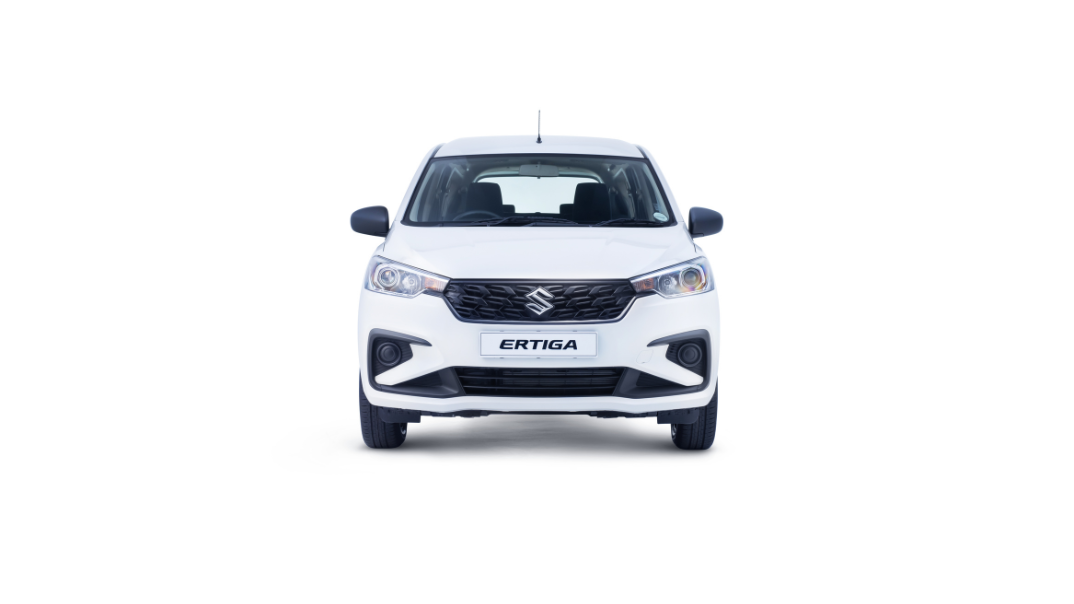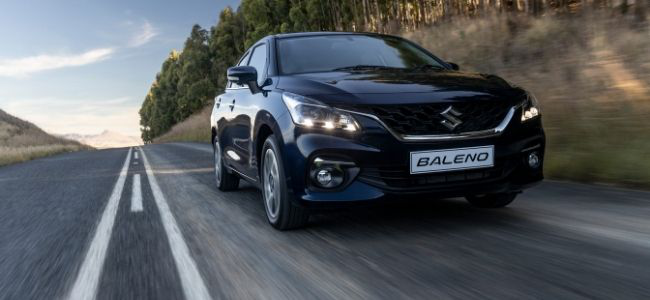There are many things for differently-abled drivers to consider when choosing an adaptive vehicle. We’ve listed the different types of adaptations drivers can get, as well as some tips for what to look for when choosing the best car to suit your needs.
When it comes to vehicle and ease of driving accessibility for differently-abled drivers, there are a wide range of vehicle adaptations available. Whether you have a physical disability (such as being in a wheelchair), or an invisible disability (such as ADHD, Autism Spectrum Disorder, or other mental disorders), there are options to make driving easier and safer for you.
Adaptive vehicles are modified to assist differently-abled drivers. The individual needs of each specific driver will dictate which adaptations will need to be made or considered
Auto Mobility is a useful site that provides guidance, information, and advice on adaptive vehicles. Much of the information we’ve provided above has been informed by their expertise.
If you do require an adaptive vehicle, here are some of the options available and how they can help you:
Automatic Transmission
Driving an automatic car can simplify driving significantly, especially for drivers with decreased mobility and/or muscle weakness. Most adaptive controls and aids can only be fitted to automatic gearboxes so this is a crucial consideration for any differently-abled driver.1. Accessibility Features
Adaptive Controls
Vehicles can be fitted with pedal extensions and a range of hand controls; these can only be fitted on automatic gearboxes. These hand controls include electronic controls or push/pull handles for acceleration and braking, and steering wheel mounted hand controls for indicating, controlling lights, and wiper activation.
Swivel seats
Cars can be fitted with swivel seats that help mobility-challenged drivers enter and exit the vehicle, particularly if they’re using a wheelchair or walker.
Ramps
Manual or automatic ramps can be fitted to vehicles to make loading wheelchairs or walkers easier. Ramps can also be useful for drivers who need assistance entering or exiting the car.
Floors
For vehicles transporting wheelchairs, the floor of the vehicle can be covered in rubber or other surfacing that is more suitable for wheelchair use.
Vehicles with a lower floor are generally easier to get in and out of, however this is not always the case depending on the type of disability a driver may have. Test driving the car you’re considering will help you determine which height is best for your individual needs.
2. Cabin Size
Vehicles with larger cabin spaces are best for drivers with mobility restrictions as additional legroom and headroom makes manoeuvring into and out of, and inside, of the vehicle easier. Also look for vehicles that have wide door openings.
Wheelchair Accessibility & Cargo Space
- Lifts and hoists can be fitted to boots and rooftops to make loading wheelchairs or other mobility aids easier.
- Ensure the boot or back seats are large enough to transport your mobility aid as well as any other luggage, groceries, or bags you may have.
Steering Aids
Power steering is standard in all newer vehicles, but where additional steering support is needed, a mechanism be fitted to the car that aids in turning the steering wheel. You can also install spinner hand controls that assist with steering. This is particularly useful for individuals using only one arm, or for anyone who has muscle weakness.Remote Controls
It may be an option for a remote control system to be installed which would allow drivers to open boots, doors, and even start the car engine using this system. Many newer cars have a button on the car key which opens the boot.Technology & Infotainment
It’s crucial for your choice of vehicle to have an easy-to-use and non-distracting infotainment system. Some infotainment centres feature voice activated command centres. Suzukis, for example, are fitted with an infotainment centre that is compatible with navigation and mobile connectivity for use of Siri and other voice assistants.Safety & Visibility
- Increased visibility is crucial. This can include large windows, blind-spot monitoring mirrors or systems, LED headlights, and park assist.
- Advanced Driver Assistance Systems (ADAS) can be installed. This allows drivers to use adaptive cruise control, warnings when changing lanes, and automatic braking capabilities.
Warranty & Support
- Some dealerships offer support services for if you need help. Suzuki, for example, has a Roadside Assistance plan that gives drivers added peace of mind and 24/7 available assistance for emergencies.
Test Drives & Customisation
- It’s important to always test drive a vehicle before buying it. This will help you determine which model best suits your needs and which adaptive customisations you will require.
- If you need a vehicle with specific adaptations then consider contacting professionals who can help you test drive vehicles with those adaptations. These can be occupational therapists or driving schools specialising in differently-abled driver education, such as Rolling Rehab.
- There are conversion companies that assist in helping you make your vehicle as accessible as possible.
Not every differently-abled driver may need an adaptive vehicle, though. Invisible disabilities and disorders—such as ADHD, other executive functioning disorders, and disabilities or disorders causing fatigue—may require drivers to choose automatic transmission cars, which require less attention and physical effort to drive. Other considerations may be the cabin size of the car, tinted windows, climate control capabilities, and the type of seat material for drivers with autism or other sensory related disorders.
Remember that each individual's needs are unique, so it's important to choose vehicles with features that address your specific adaptive needs and preferences. Taking the time to research, test drive, and consult with professionals will help you find the car best for you!
Subscribe to our blog for more insights like this, delivered straight to your inbox!


.png)
